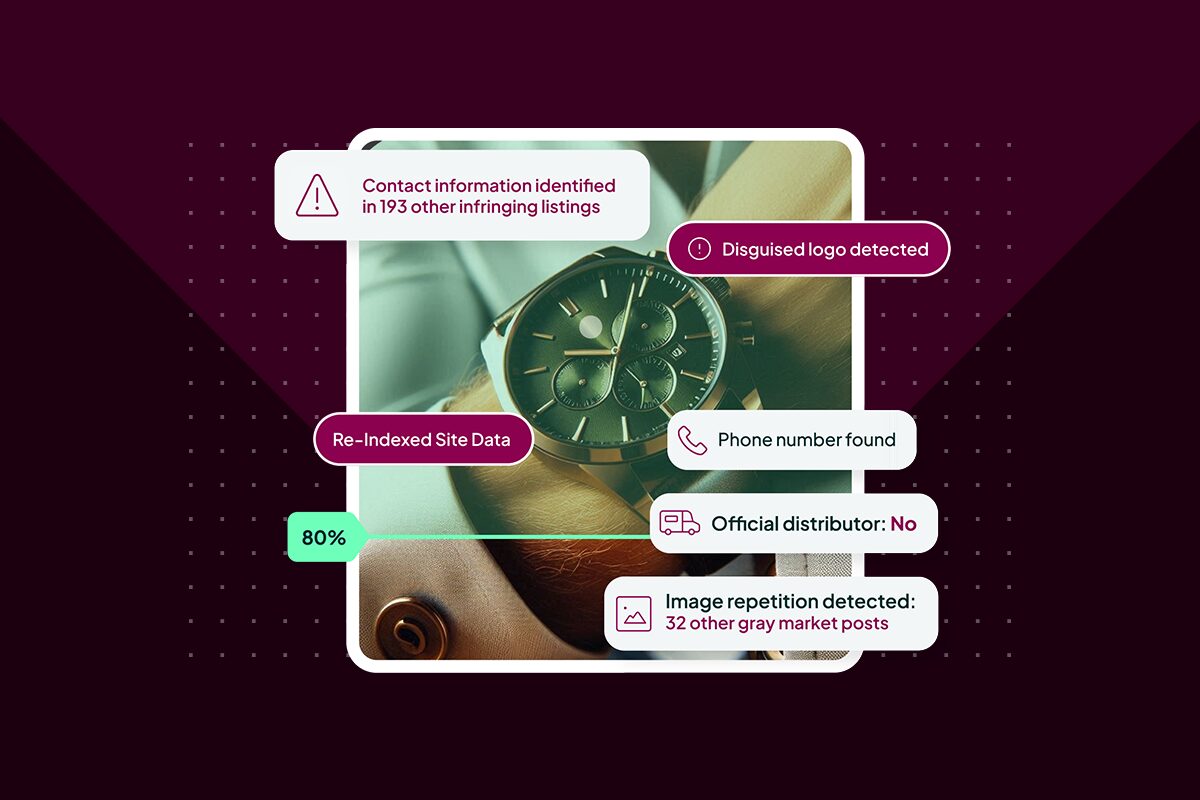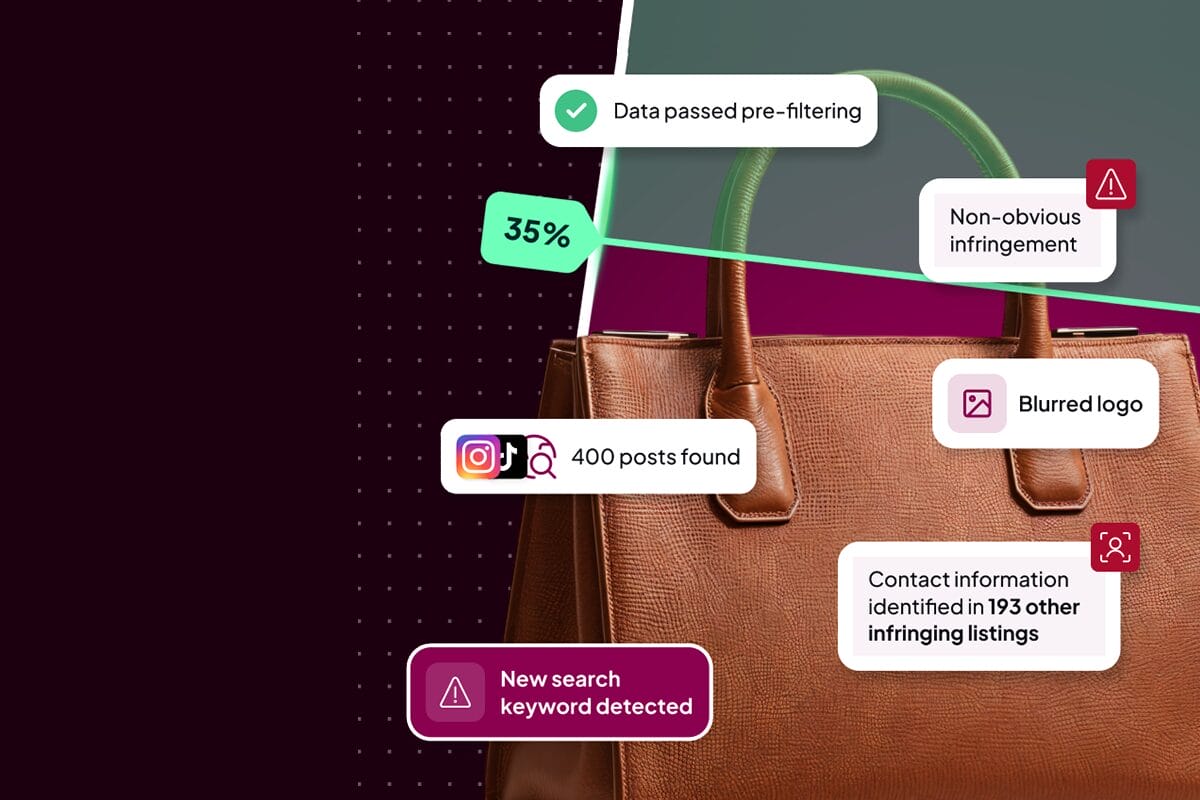Blog
Featured
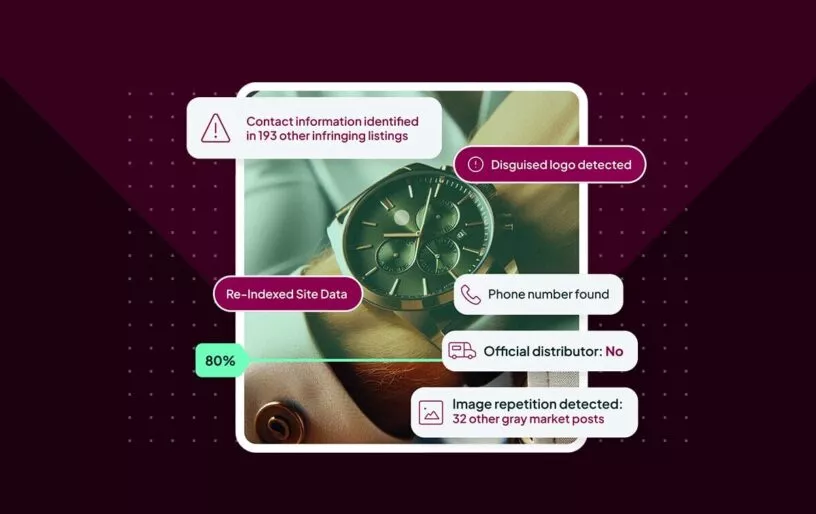
When Brand Protection Tools Miss the Mark: Claims Vs. Capability
- Brand Protection
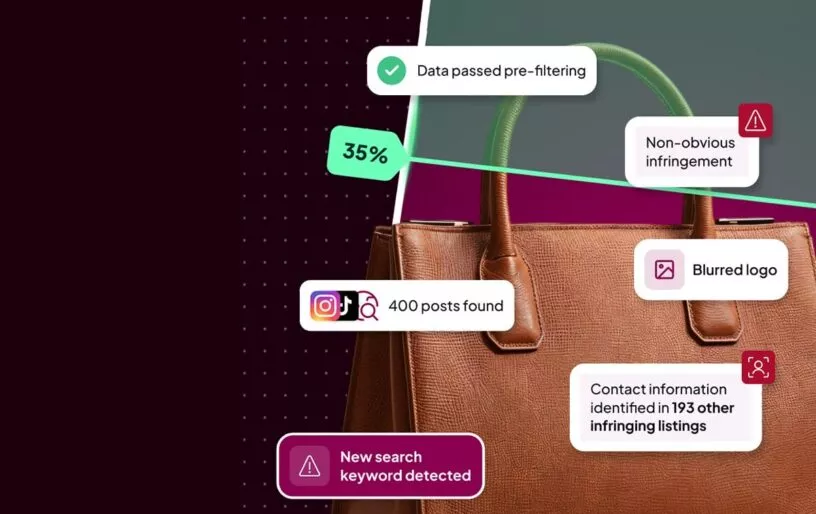
Pairing Trademark Watching with Corsearch Zeal 2.0 for Full-Spectrum Brand Defense
- Brand Protection
- Trademark Solutions
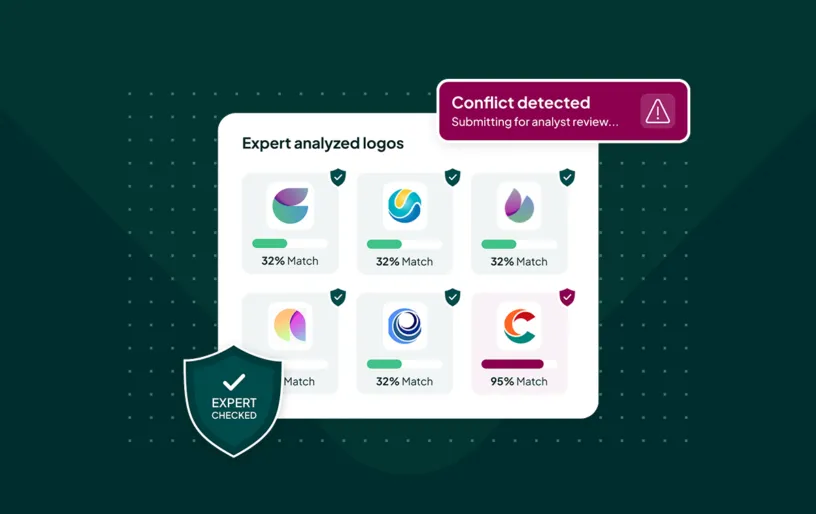
The Next Layer of Brand Protection: Why Trademark Watching Matters
- Brand Protection
- Trademark Solutions
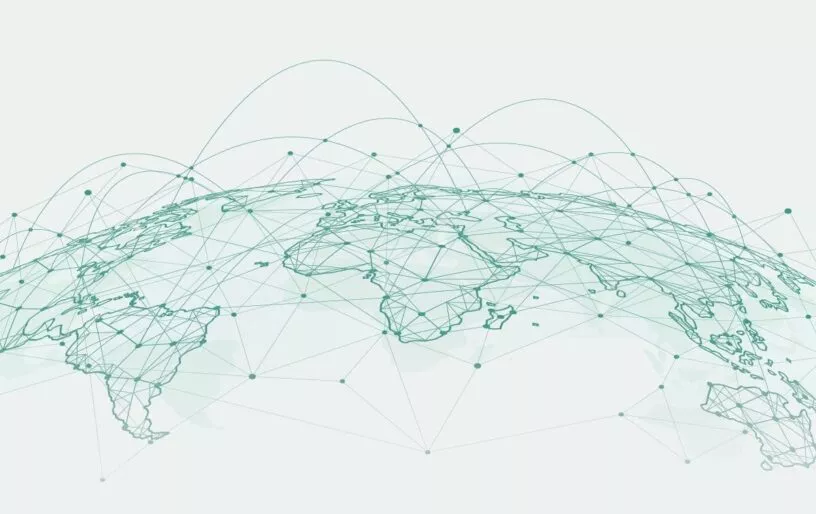
The State of Trademarks 2025: How Legal Teams Balance Automation & Expert Oversight
- Trademark Solutions
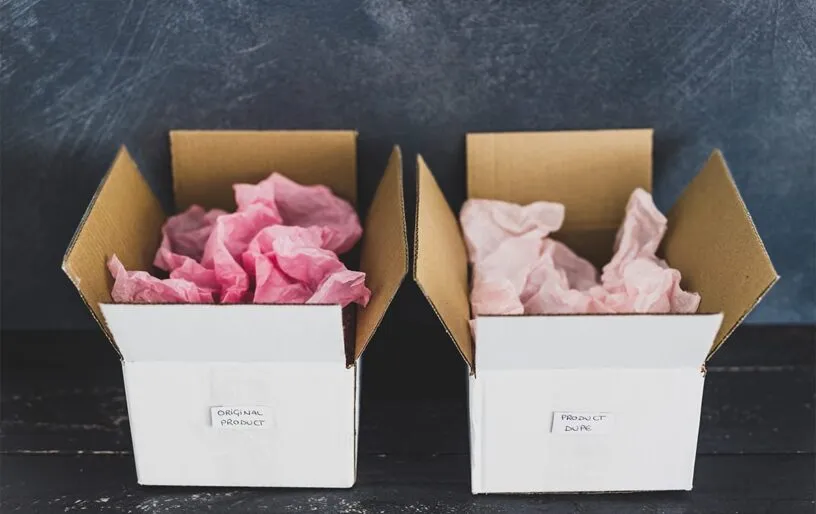
When Counterfeits Go Viral: What Brands Can Learn from the Lafufu Craze
- Brand Protection
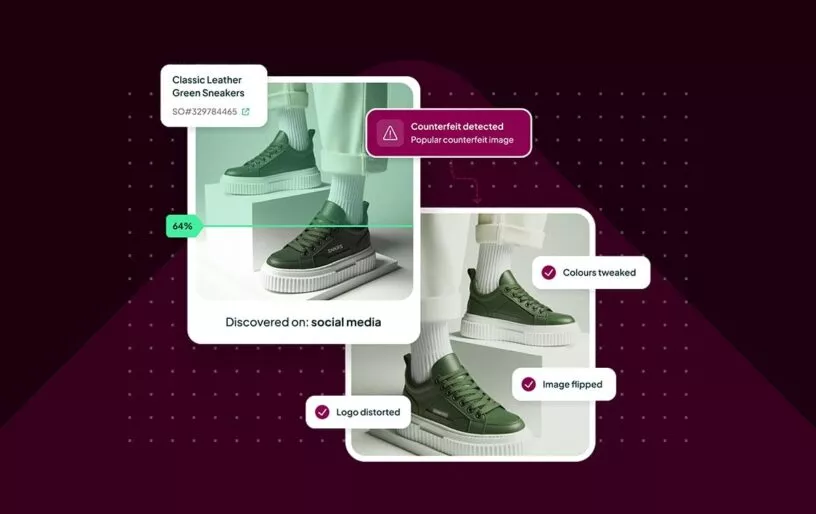
Automation in Action: How Corsearch Zeal 2.0 Triples Analyst Productivity
- Brand Protection
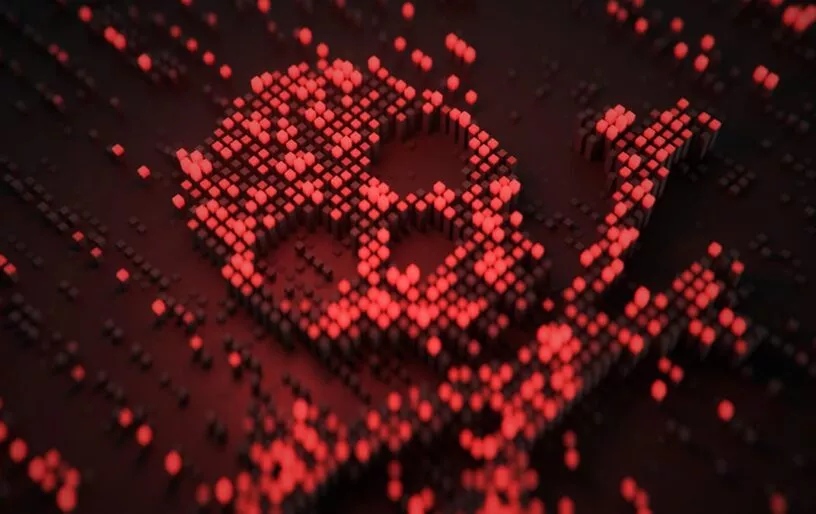
The Tidal Wave of Piracy: Why We're Seeing a Resurgence and How to Fight Back
- Content Protection

How the CHIPS Act is Quietly Revolutionizing Anti-Counterfeiting in Semiconductors
- Brand Protection

An Invisible War: The Growth of Dupe Culture & Its Ramifications for Brands
- Brand Protection

